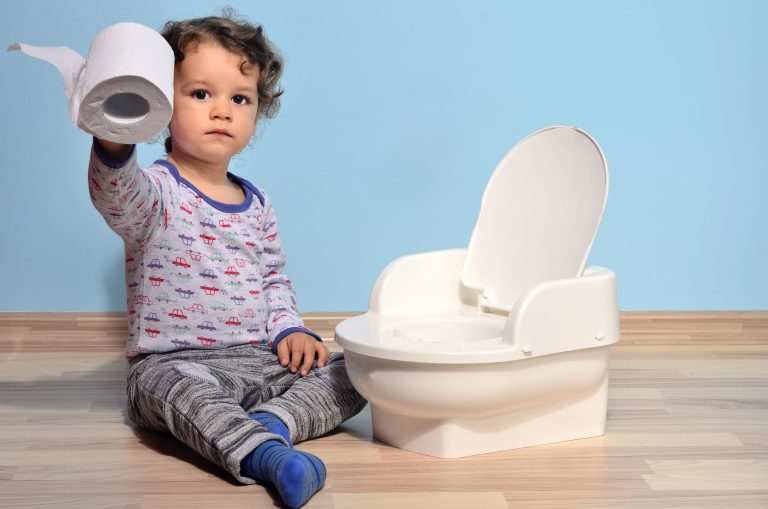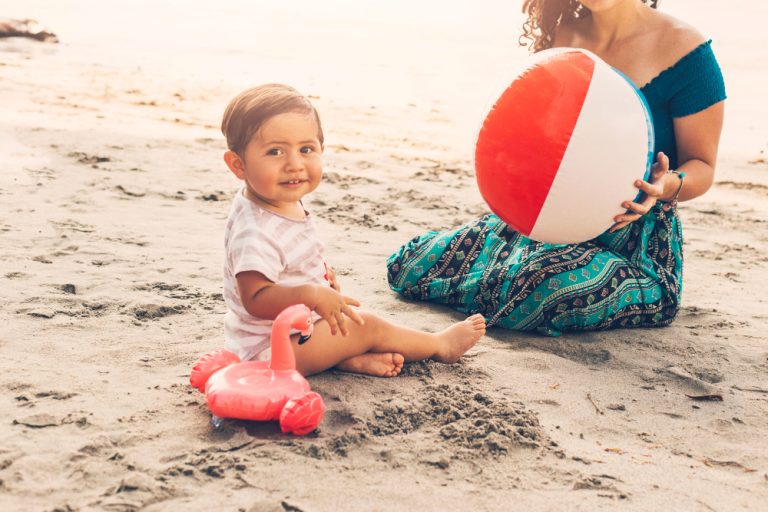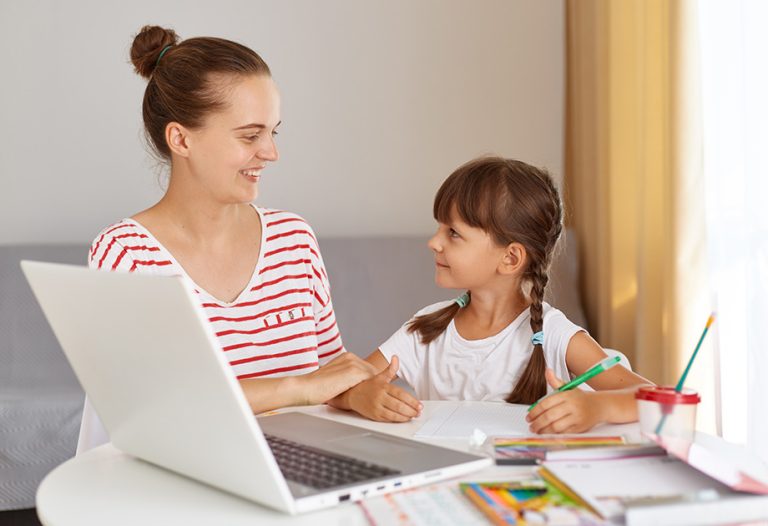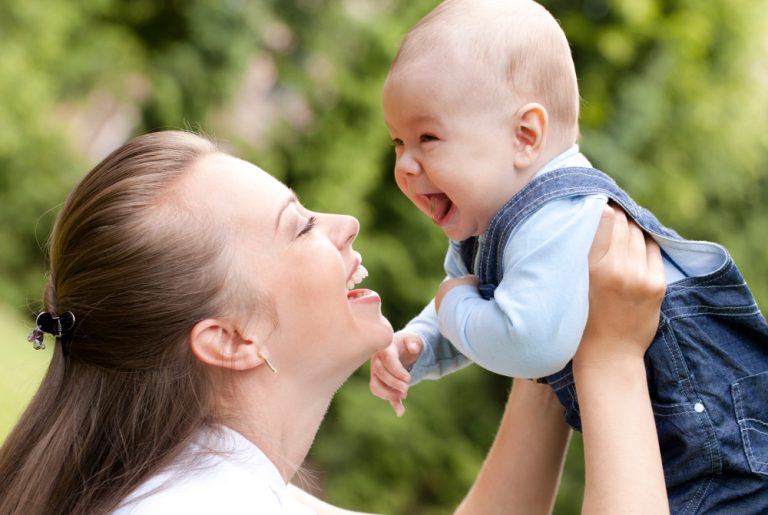Do Babies Need Passports? A Guide for Globetrotting Parents
Planning a trip with your little one can be an exciting adventure. From booking flights to researching baby-friendly destinations, there’s a lot to consider. One question that often pops up for parents of globetrotters: Do babies need passports?
The answer is a resounding yes. Every person, regardless of age, requires a passport to travel internationally. This applies to infants and young children as well. A passport serves as an official identification document that verifies your child’s citizenship and allows them to enter and exit foreign countries.
While traveling with a baby presents unique challenges, obtaining a passport for your little one doesn’t have to be a stressful experience. This comprehensive guide will equip you with all the information you need to decide do babies need passports and navigate the process smoothly.
Why Do Babies Need Passports?

Passports are essential documents for international travel. They serve as proof of identity and citizenship and help authorities ensure that individuals are legally permitted to enter and exit countries.
However, many people wonder do babies need passports to travel internationally. The answer is yes, even infants need their own passports. It is always recommended to check with the embassy or consulate of the destination country for the specific passport requirements for children.
- Identification
A passport serves as your child’s primary identification document when traveling abroad. Border officials use it to verify their citizenship and ensure they have the necessary authorization to enter the country.
- Security
Passports incorporate security features that help prevent fraud and identity theft. These features become increasingly important as your child grows older and travels independently.
- Travel Documentation
Some countries may require additional travel documents for children, such as a visa or a notarized letter of consent if traveling with one parent. A passport serves as the foundation for these additional documents.
- Emergency Situations
If an emergency arises during your travels, a passport can expedite assistance from your home country’s embassy or consulate.
3 Major Benefits of Getting a Passport for Your Baby (Even if You Aren’t Traveling Soon)
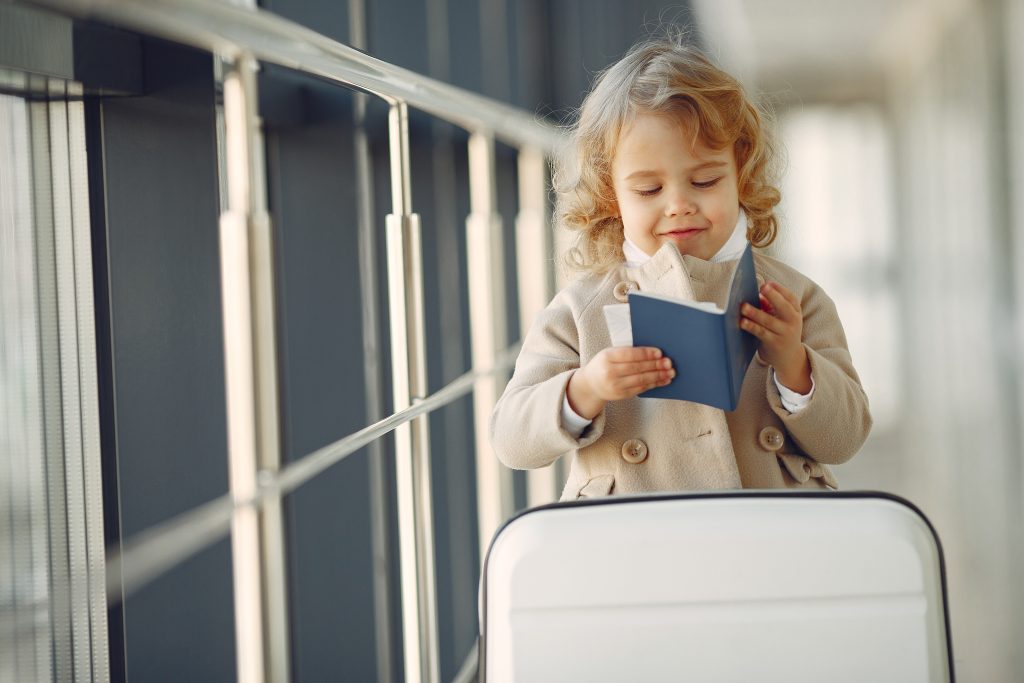
While you might not have an immediate international trip planned, there are several advantages to obtaining a passport for your baby early on:
- Simplified Process
The application process for a minor’s passport is generally simpler than that for an adult. Knowing the requirements and gathering the necessary documents beforehand can save you time and hassle in the future.
- Peace of Mind
Having a valid passport on hand provides peace of mind should unexpected travel become necessary. This could be due to a family emergency overseas or a spontaneous travel opportunity.
- Validity Period
Passports issued to minors under the age of 16 are typically valid for five years. Obtaining a passport early ensures its validity for several upcoming trips.
The Process of Obtaining a Passport for Your Baby
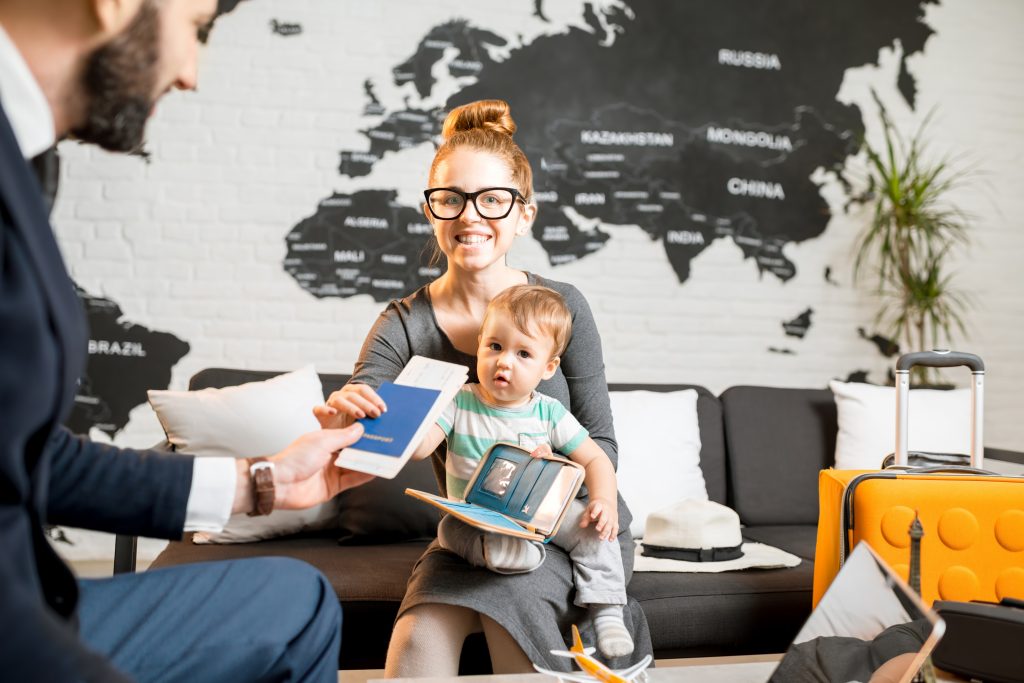
The process of obtaining a passport for your baby in the United States can be broken down into a few key steps:
1. Gather Required Documents
You’ll need to collect specific documents to complete the application. These typically include:
- Proof of U.S. Citizenship
This could be a birth certificate listing both parents or a certified copy of a naturalization certificate, Consular Report of Birth Abroad, or Certificate of Citizenship.
- Proof of Identity
A doctor’s letter or hospital birth certificate can suffice for newborns.
- Photos
Two recent passport-sized photos of your baby meeting specific requirements.
- Parental Consent
Both parents or legal guardians must provide written consent for the passport application (unless one parent is unavailable due to special circumstances).
- Application Fees
The U.S. Department of State charges fees for processing passport applications, including application and execution fees. The current fee schedule is on the U.S. Department of State Travel.state.gov website.
2. Complete the Application Form
- You’ll need to fill out form DS-11, Application for a U.S. Passport.
- The form is available online or can be obtained in person at a passport acceptance facility.
3. Submit the Application
There are two main ways to submit your application:
- In-Person
Schedule an appointment at a passport acceptance facility, such as a local post office, county clerk’s office, or certain libraries. During your appointment, a passport acceptance agent will verify your documents and ensure your baby’s photo meets the requirements.
- By Mail
You can mail your application package directly to a designated processing center. This option requires additional steps to ensure the security of your documents.
4. Wait for Processing
- Processing times for passport applications can vary depending on workload and current events.
- Generally, you can expect to receive your baby’s passport within several weeks (around 4-8 weeks) of submitting the application.
- Expedited processing options are available for an additional fee.
Additional Considerations for Obtaining a Baby’s Passport
1. Recent Photos
Meeting passport photo requirements for a baby can be a challenge. Ensure your baby’s eyes are open and free from red-eye. They should be looking directly at the camera with a neutral expression.
Head coverings are not allowed unless worn for religious purposes. Some parents find it helpful to have a friend or family member assist in keeping the baby calm and focused during the photo shoot. Alternatively, a professional photographer experienced in capturing passport photos for babies can be a good option.
2. Name Variations
If your child’s name on the birth certificate differs slightly from how you intend to list it on the passport application (e.g., nickname vs. full name), you may need to provide additional documentation to explain the discrepancy.
3. Lost or Stolen Passports
If your child’s passport is lost or stolen while traveling abroad, contact the nearest U.S. embassy or consulate immediately. They can assist you in obtaining a replacement passport to facilitate your return trip.
4 Tips for Traveling with a Baby Who Has a Passport
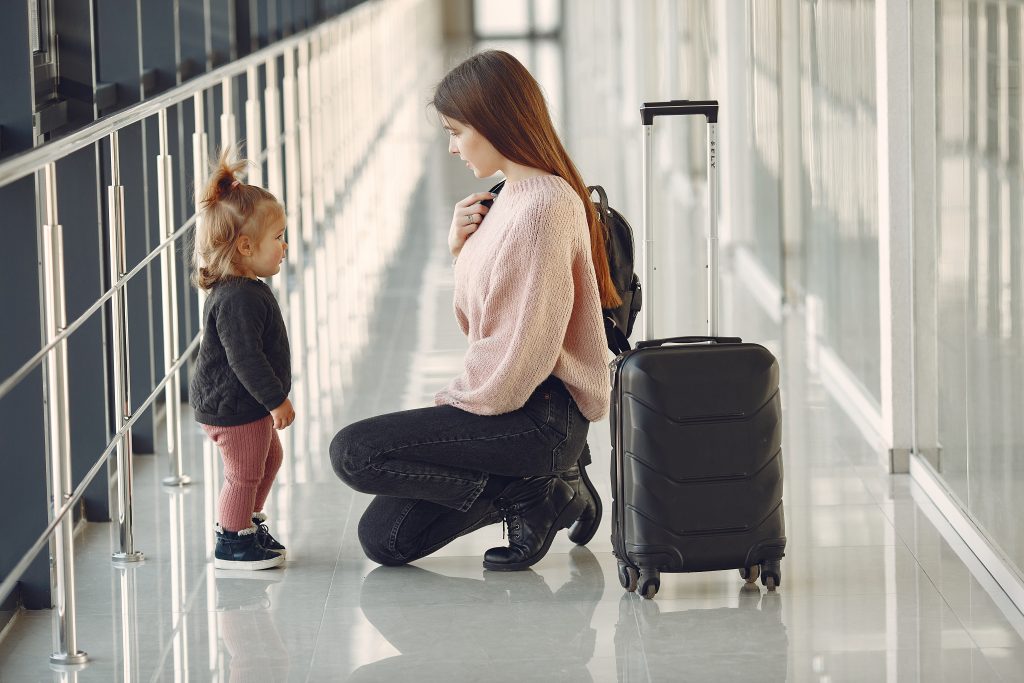
Traveling with a baby presents unique challenges, but with proper preparation, it can be a rewarding experience. Here are some tips for a smooth journey with your little globetrotter:
1. Plan for Long Flights
- Booking a direct flight or one with minimal layovers can significantly reduce travel time and minimize stress for both you and your baby.
- Request a bassinet seat if available on your chosen airline.
- Bring plenty of diapers, wipes, formula (if applicable), and familiar toys to keep your baby occupied.
2. Prepare for Different Climates
- Research the climate at your destination and pack accordingly.
- Consider layers for easy temperature regulation, and pack comfortable clothing for your baby.
- A baby carrier can be a lifesaver for navigating airports and keeping your hands free.
3. Be Flexible with Your Schedule
- Babies thrive on routine, but travel can disrupt their sleep patterns and feeding schedules.
- Be prepared to adjust your plans on the go and prioritize your baby’s comfort.
4. Stock Up on Essentials
- Pack a small first-aid kit with basic medications suitable for your baby’s age.
- Familiarize yourself with healthcare options at your destination in case of emergencies.
Resources for Parents of Globetrotting Babies
- U.S. Department of State Travel.state.gov
This website provides comprehensive information on passport applications for minors, including required documents, application forms, and processing times.
- Centers for Disease Control and Prevention (CDC) wwwnc.cdc.gov
The CDC website offers valuable resources for traveling with children, including immunization recommendations and health advisories for specific destinations.
- Travel Blogs and Forums
Numerous travel blogs and online forums cater specifically to parents traveling with young children. These resources can provide valuable insights, packing tips, and recommendations for baby-friendly destinations.
Traveling with a Baby: Additional Considerations
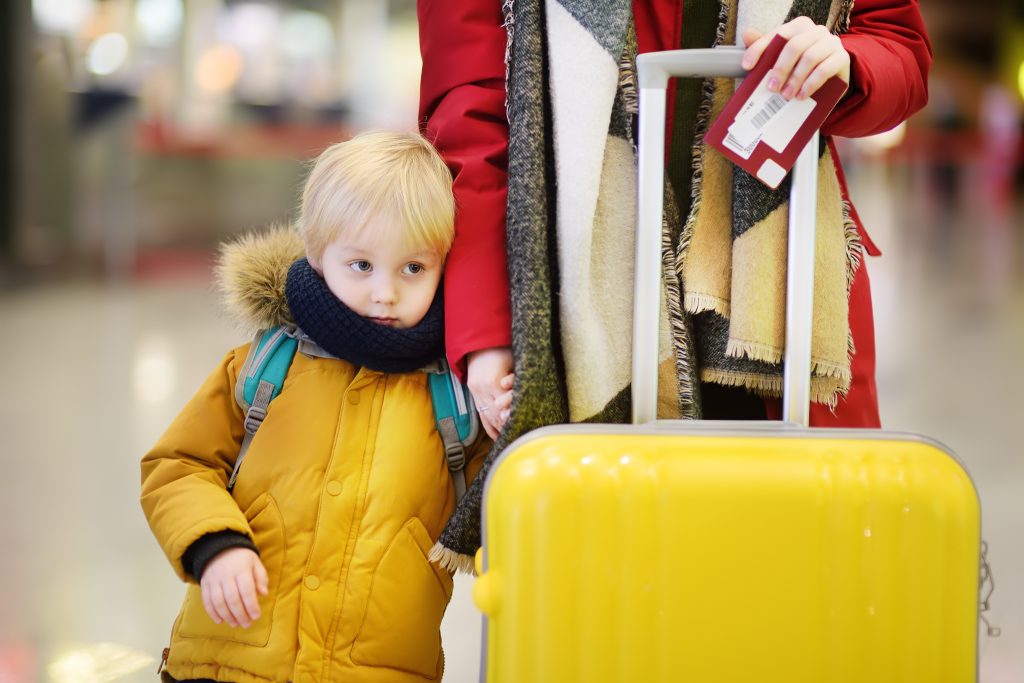
While a passport unlocks the possibility of international travel with your baby, there are other crucial aspects to consider for a smooth and enjoyable experience. Here’s a deeper dive into some key areas:
- Documentation
In addition to your baby’s passport, ensure you have all the necessary documentation for your chosen destination. This may include visas, birth certificates (original or certified copies), and proof of onward or return travel tickets. Some countries have specific requirements for entering with children, so research these well in advance.
- Travel Insurance
Consider purchasing travel insurance specifically designed for families. This can provide peace of mind by covering unexpected medical emergencies, trip cancellations, or lost luggage.
- Car Seat Safet
If you plan on renting a car at your destination, ensure you have a properly fitting car seat for your baby. Some airlines allow you to check car seats free of charge, while others may require an additional fee. Alternatively, you might consider purchasing a travel car seat designed for portability and ease of use.
- Accommodation
Choose accommodations that cater to families with young children. Look for hotels or rentals with amenities like cribs, high chairs, and laundry facilities. Consider booking a room with extra space to accommodate your baby’s sleep and play needs.
- Entertainment
Pack plenty of age-appropriate toys and books to keep your baby occupied during long journeys and downtime. Familiar objects from home can also provide comfort and security for your little one.
- Clasp the Adventure
Remember, traveling with a baby is an adventure in itself. Be prepared to adjust your expectations and clasp the unexpected moments. Focus on creating lasting memories and bonding experiences with your child as you explore the world together.
Planning for a Long Flight with a Baby
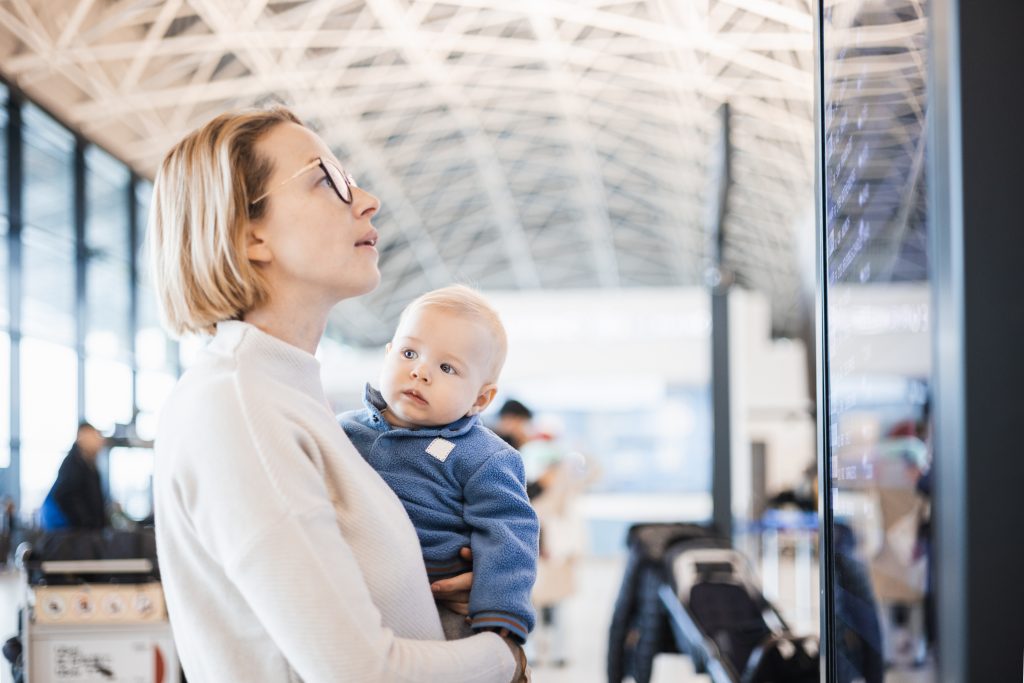
Air travel with a baby requires extra preparation and a dose of patience. Here are some additional tips to navigate long flights with your little one:
- Pre-board the Plane
Many airlines allow families with young children to pre-board the aircraft. This gives you extra time to settle in, stow your carry-on bags, and install the car seat (if applicable).
- Pack a Diaper Bag Essentials Kit
Pack a separate diaper bag specifically for the flight with all the essentials you’ll need readily accessible. This should include diapers, wipes, a change of clothes, a feeding bottle or sippy cup, formula or breast milk (if applicable), pacifiers, and a favorite stuffed animal.
- Bring Plenty of Snacks
Pack a variety of healthy and mess-free snacks for your baby to munch on during the flight. Consider including teething biscuits, yogurt pouches, or pureed fruits and vegetables.
- Nursing or Bottle-Feeding During Takeoff and Landing
Nursing or offering a bottle during takeoff and landing can help ease pressure discomfort in your baby’s ears.
- Take Breaks and Walk Around
Get up and walk around the cabin with your baby periodically to stretch your legs and allow your little one to release some energy. Many airlines have designated areas for parents to walk and soothe their babies.
The Joys of Traveling with Your Little Explorer
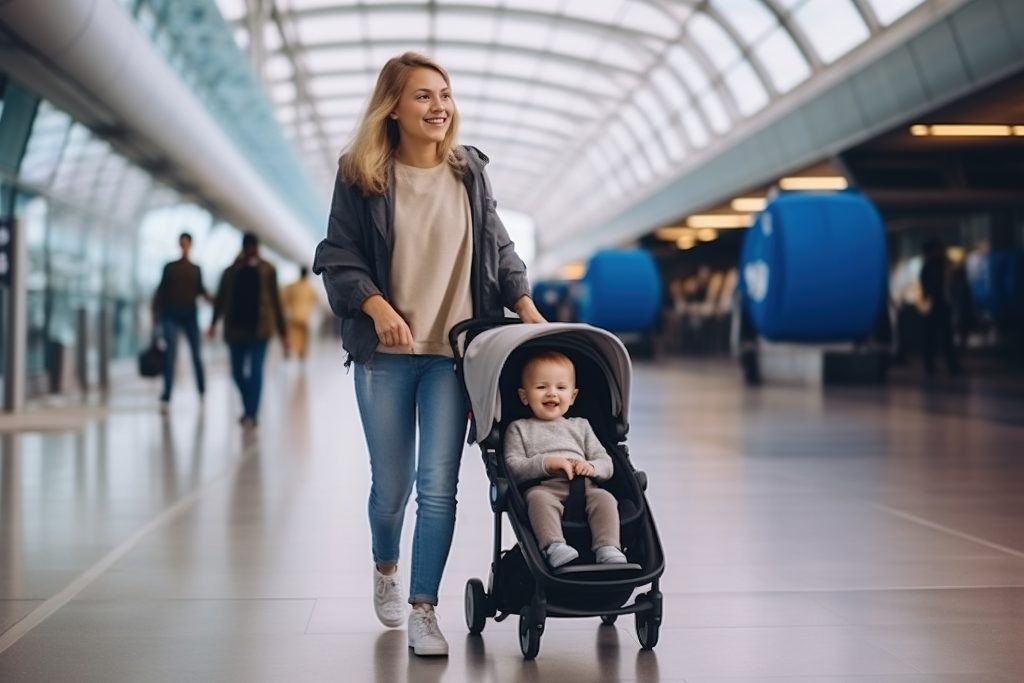
While obtaining a passport is an important first step, the true adventure begins when you venture on your international travels with your baby. Here are some reasons why traveling with a young child can be a uniquely rewarding experience:
- Creating Lasting Memories
Traveling exposes your child to new cultures, landscapes, and experiences. These early encounters with the world can spark curiosity and a love for exploration that will stay with them throughout their lives.
- Bonding Through New Experiences
Sharing new experiences with your baby strengthens your parental bond. From navigating bustling markets to exploring ancient ruins, these adventures create lasting memories and stories you’ll cherish together.
- Developing Adaptability
Travel disrupts routines and exposes your baby to new sights, sounds, and tastes. This can help them develop adaptability and resilience, valuable skills that will serve them well throughout their lives.
- Appreciating Diversity
Traveling broadens your child’s perspective and cultivates an appreciation for different cultures and ways of life. These early experiences can lay the foundation for empathy and tolerance in a globalized world.
While there will undoubtedly be challenges, focus on enjoying the journey with your little one. Welcome the unexpected moments, laugh off the inevitable mishaps, and savor the unique experiences that come with traveling with a baby.
Final Thoughts: Do Babies Need Passports?
One common question that parents often ask is, “Do babies need passports?” The answer is yes! Even infants and newborns require their own passports for international travel. Regardless of their age, every individual must have a valid passport to enter a foreign country. So, if you’re planning to travel abroad with your baby, it’s important to apply for their passport well in advance to avoid any last-minute hassles.
Do you have any questions or tips about obtaining a passport for your baby? Have you traveled internationally with your young child? Share your experiences and insights in the comments section below!


